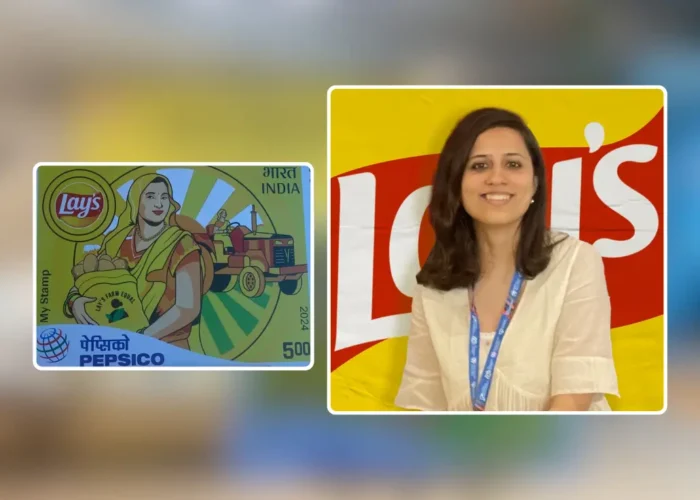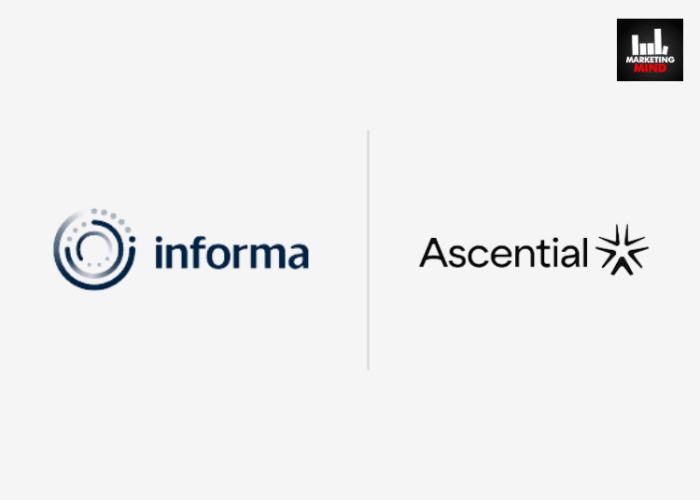The Advertising Standards Council of India (ASCI) has come up with its Annual Complaints Report for FY24 after comprehensively analyzing and examining 10,093 complaints and investigating 8299 advertisements for objections.
Of the 8299 advertisements scrutinized by ASCI, 94% of the ads were identified through suo-motu monitoring by the self-regulatory body of advertising in India.
Having said that, the majority of violations in the total ads were found on the account of misleading claims at 81%. That being said, 34% of the total ads processed promoted harmful situations or products.
In terms of the various mediums where violations were found in terms of advertising content, it was digital, the usual, which accounted for about 85% of ads processed and had a lower compliance rate of 75%, as opposed to 97% for both- print and TV.
Moreover, 49% of the advertisements picked up by ASCI were not contested by the advertisers and a total of 98% of the processed ads eventually required modification as they violated the ASCI Code.
In a refreshing turn of events, it wasn’t the personal care sector which emerged as the topmost violative sector for advertising as this time around it was the healthcare sector which contributed to 19% of cases, followed by illegal offshore betting at 17%. Following the two were personal care at 13%, conventional education at 12%, food and beverage at 10% and realty at 7%.
But despite some improvement in the personal care segment, it was the baby care sector that emerged as a new contender in the top violators category, with influencer promotions contributing to 81% of baby care cases.
Of the 1064 ads that ASCI examined in personal care category, 95% of them appeared online, with more than half (55%) being influencer non-disclosure cases.
Out of the 1575 advertisements processed in the healthcare sector, 1249 violated the Drugs and Magic Remedies Act, 1954, and were reported to the sector regulator. Of the total 1575 ads, 86% of the healthcare ads appeared on digital platforms, which is again one of the leading mediums for violations.
That being said, the second top category for ad violations, i.e.- illegal betting and gambling, required ASCI to send 1311 advertisements to the appropriate authorities for further action.
Apart from influencers, it was the celebrities who continued to appear in ads that were in violation of the ASCI code. The self-regulatory body of advertising in India processed complaints against 101 ads featuring celebrities, 91% of which required modification. In fact, 104 celebrities appearing in these 101 ads were found to be in violation of the celebrity guidelines as they could not provide any evidence of due diligence which is one of the requirements under the Consumer Protection Act, 2019.
The top five violative categories for celebrity violations were personal care (22%), food and beverages (21%), illegal/betting (20%), healthcare (9%), and durables (6%).
In addition to processing objectionable ads through its own processes, ASCI also reported 3200 advertisements directly to various regulators for violations of the law. Of these, 1311 ads which were from the offshore illegal/betting sector were escalated to the Ministry of Information & Broadcasting and the 1249 healthcare ads reported to the Ministry of AYUSH for potential violations of the Drugs and Magic Remedies Act, 1954. Others included realty (493 ads), alcohol beverages (82 ads), and tobacco and tobacco based products (65 ads).
In the wake of these findings and to combat the trends, ASCI, under the aegis of the ASCI Academy has also introduced a certification course called “The ASCI Guide to Responsible Advertising”.
Designed for students and professionals, the course aims to support the advertising ecosystem and aid in achieving ethical advertising standards and compliance with the ASCI Code and various regulations whilst reducing the incidence of objectionable advertising.
Commenting on the development, Saugata Gupta, Chairman, Advertising Standards Council of India, said, “As digital emerges as a dominant media in which advertisements thrive, ASCI has geared up to the challenges through constant investment in technology. We will continue to improve our processes and expertise to ensure nimble and transparent resolution of objectionable ads. At this critical juncture, we look forward to collaborating with all stakeholders to promote ethical advertising and calling out advertisements that eventually erode trust in advertising.”
To this, Manisha Kapoor, CEO and Secretary General, ASCI, added, “2023-24 has been a truly challenging year, and ASCI stepped up to this by focusing our efforts on digital. 3200 advertisements were shared with various regulators, such as MIB, Ayush, and MahaRera, for direct violations of the law. We see this as a continuing area of focus. Sectors like healthcare emerging at the top are a significant concern for all citizens. With the highest number of violative ads seen online, advertisers and platforms must work more closely with regulators and self-regulators to keep consumers protected. ASCI Academy’s recently launched e-learning courses on Responsible Advertising and Responsible Influencing is a significant step to increase the industry’s capacity to create ads with greater understanding of regulatory standards and ensure that consumers are not exposed to objectionable advertising in the first place.”
Click here to read the full report.













